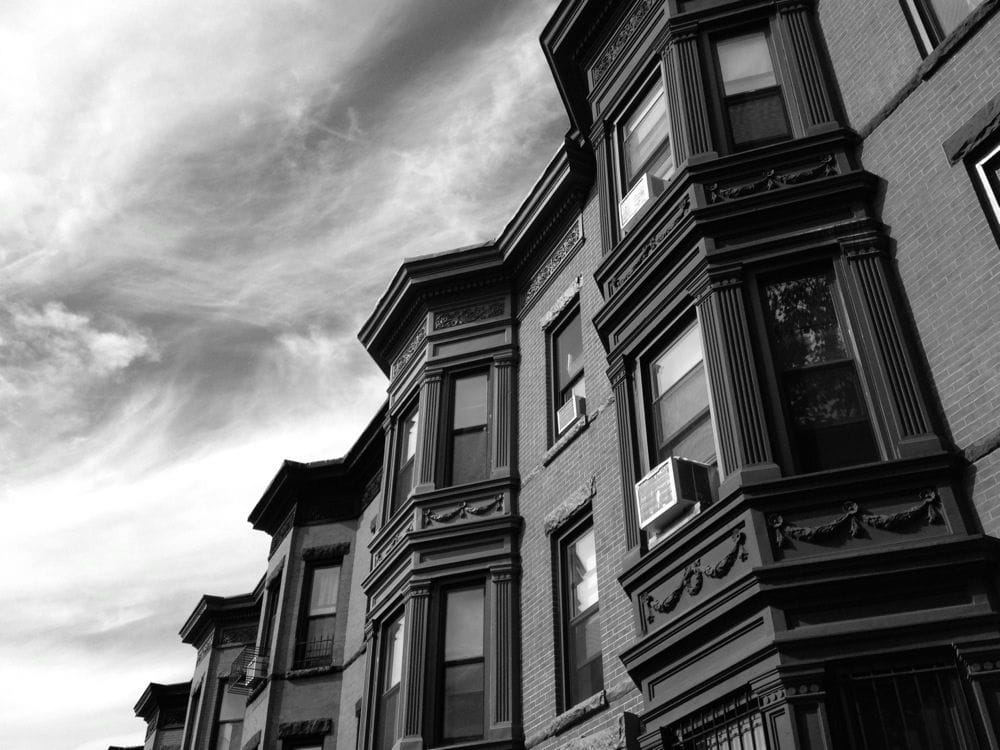City Heat Laws Have Gone Into Effect — Tenants Urged To Know Their Rights


Another sign of Fall — the City’s 2016-2017 “heat season” began on Saturday and continues through May 31, 2017.
Mayor de Blasio and Department of Housing Preservation and Development (HPD) Commissioner Vicki Been issued a statement yesterday reminding residential building owners of their “legal obligation” to provide tenants with hot water year-round, and heat when the outdoor temperature falls below 55 degrees during the day and below 40 degrees at night — during the “Heat Season.”
“Heat and hot water are a necessity not a luxury – and landlords are required by law to provide both. Property owners who fail to provide these basics put New York families in harm’s way,” said Mayor de Blasio. “I urge anyone who is suffering in the cold or without hot water to call or log into 311.”
“It is important for tenants to know their rights and report any problems to HPD through NYC 311,” added HPD Commissioner Been. “While most landlords uphold the law and follow the City’s housing codes, those who don’t will be held accountable.”
During last year’s “heat season,” over 100,000 unique heat and hot water problems were reported to the City, the Mayor’s office said.
HPD said it completed $2.7 million in heat-related emergency repairs (charged to building owners) last year, and the agency filed over 3,100 heat cases in court, collecting almost $1.7 million in civil penalties against 3,126 properties.
The City says that its Emergency Repair Program is “by far the most extensive in the nation.”
City law requires that from October 1 to May 31 —
Between 6am and 10pm, inside temperatures are maintained at a minimum of 68 degrees Fahrenheit when the outdoor temperature falls below 55 degrees.
Between 10pm and 6am, indoor temperatures must be maintained at a minimum of 55 degrees when the outside temperature falls below 40 degrees.
Hot water must be maintained at 120 degrees year-round.
Property owners are subject to civil penalties for heat and hot water violations that range from $250 to a maximum of $500 per day for a first violation. Subsequent violations at the same location, within the same calendar year, are subject to penalties ranging from $500 to $1,000 per day, the Mayor’s Office said.
Information for Tenants
If an apartment lacks appropriate heat, the City says that tenants should first try to notify building management. If heat is not restored, the tenant should register an official complaint via 311. Tenants can call 311, or file complaints online at www.nyc.gov/311.
Hearing-impaired tenants can register complaints via a Touchtone Device for the Deaf TDD at (212) 504-4115.
Tenants can also file heat and hot water complaints from their Android or iPhone using the 311MOBILE app.
When a complaint is received, HPD first attempts to contact building management and have heat or hot water service restored. HPD will then check back with the tenant. If service has not been restored, an HPD code inspector is sent to the building to verify the complaint and, if it is warranted, will issue a violation.
In addition to 311, the City’s Tenant Support Unit conducts outreach in buildings across the city and connects tenants whose landlords are not providing heat and hot water with legal services, and registers their complaints with HPD. The Tenant Support Unit knocked on over 50,000 doors across the five boroughs during the last “heat season,” the Mayor’s Office said.
Low-income homeowners and renters can obtain help with paying utility and heating bills via the Home Energy Assistance Program (HEAP).
Tenants or homeowners who have received an electric, gas or heating disconnect notice can apply for emergency financial assistance. Tenants and homeowners may also qualify for assistance if they have a low supply of heating fuel or a broken boiler or furnace. HEAP is a seasonal program. Applications for the 2016-2017 season are expected to be available in mid-November.
Information for Building Owners
HPD says that it also works with building owners who want to improve the management of their buildings or need assistance with improving their heating systems. Through the Green Housing Preservation Program, owners of small- and mid-size buildings can seek low- or no-interest loans to finance energy efficiency and water conservation improvements along with moderate rehabilitation work.
Building owners and managers can access HPD’s e-learning course online to learn about heat and hot water regulations, HPD’s processes and heating system maintenance. Learn more here.




